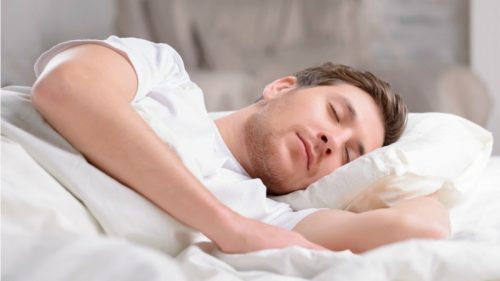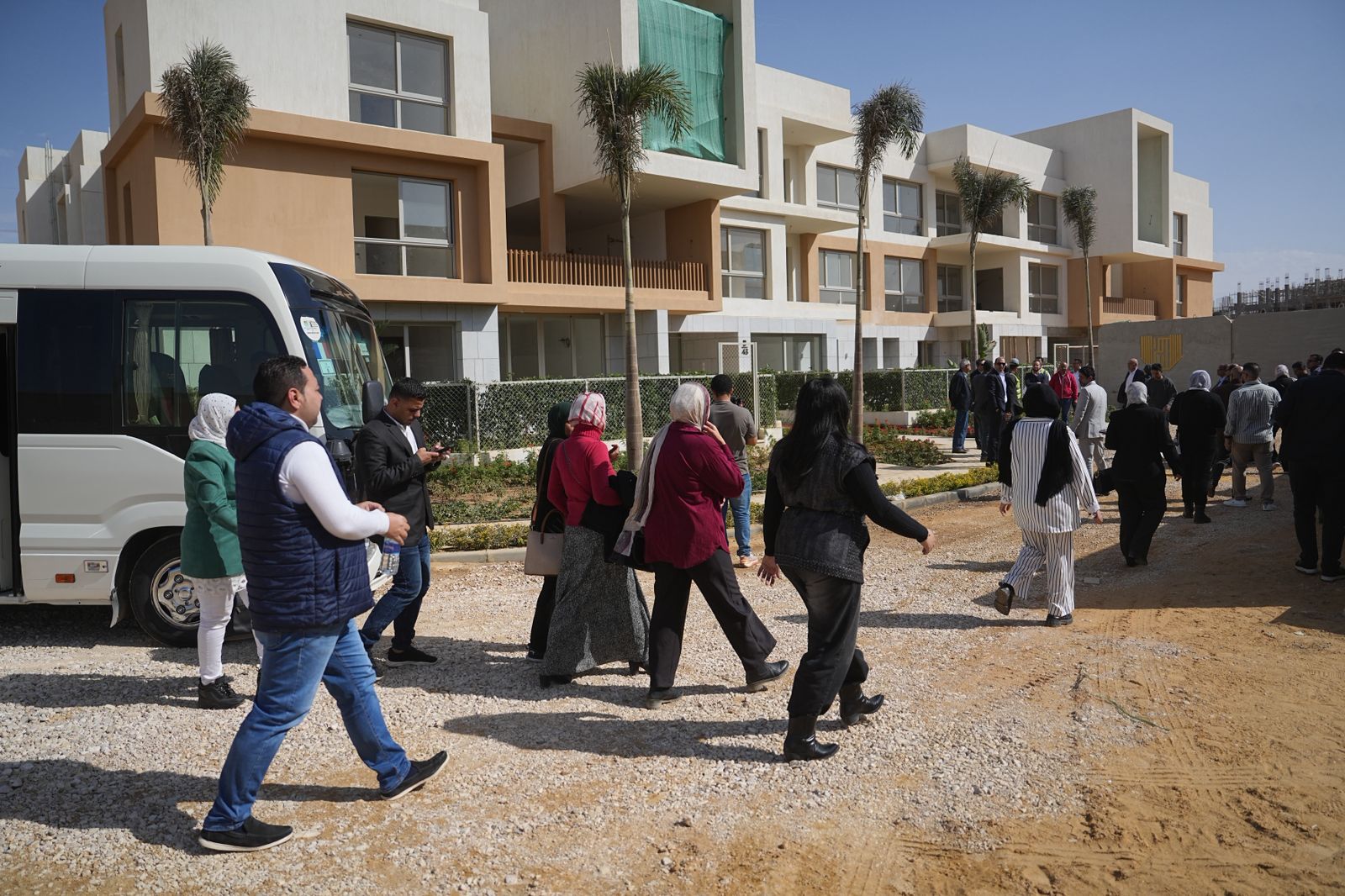Dubai – Masaader News
What happens to us when we sleep? Sleeping is central to maintain our physical and mental health, according to the Economist.
Every night almost everyone on the planet enters into a state of unconsciousness and paralysis – but what is really happening inside the body when we drift off, and what’s the impact if we don’t get enough sleep?
Sleep is regulated by your circadian rhythm, or body clock located in the brain. The body clock responds to light hews ramping up production of the hormone melatonin at night, and switching it off when it senses light.
There are four stages of sleep that the body experiences in cycles throughout the night. On a good night we cycle through these stages four or five times.
Stages one and two are light sleep. This is a transition from being awake to falling asleep. Heart rate and breathing begin to slow, body temperature falls, and muscles may twitch.
Stage 3 is sometimes referred to as Delta sleep – because of the slow Delta brainwaves that are released during this stage. This is the first stage of deep sleep where our cells produce the most growth hormone to service bones and muscles, allowing the body to repair itself.
Stage 4 is where we begin to dream. The body creates chemicals that render it temporarily paralyzed so that we do not act out our dreams. In this stage, the brain is extremely active and our eyes, although closed, dark back and forth as if we were awake.
Humans roughly spend one third of their lives asleep. Modern lifestyles, stress and the proliferation of Technology, mean that people is sleeping far less today than they were a century ago.
Sleeping less than seven hours per day is associated with an increased risk of developing chronic conditions which could reduce life expectancy











